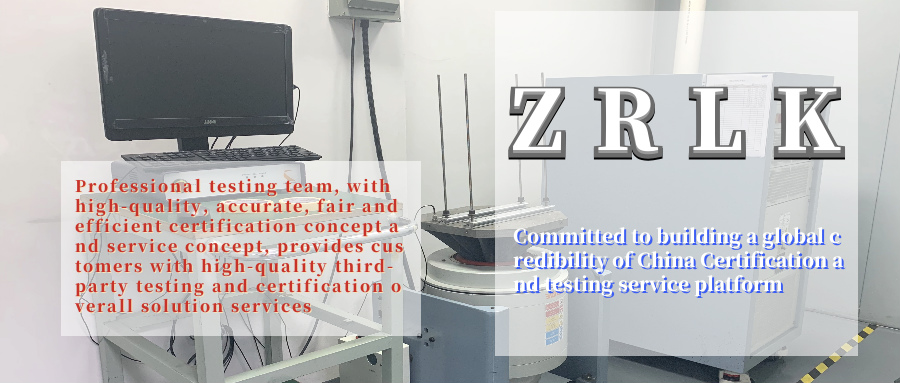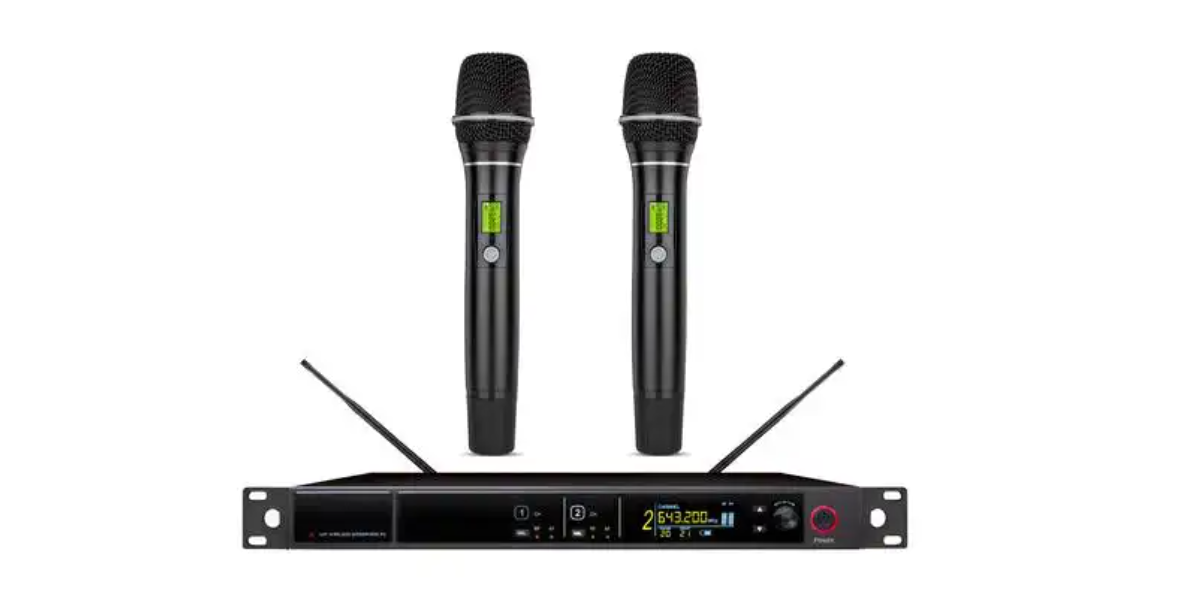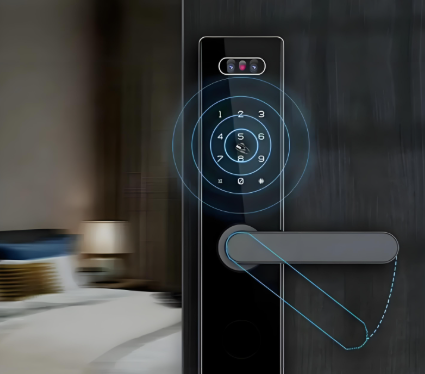
basic introduction
In Japan, toys for children under the age of 6 and products that can be placed in the mouth must be complied with the requirements of the Japan Food Hygiene Law (JSFL) to ensure product safety. Toy manufacturers, retailers or importers who want to enter the Japanese market must prove compliance with the Japan Food Hygiene Law (JFSL) and obtain an official testing laboratory certification from the Ministry of Health, Labour and Welfare (MHLW).
ZRLK is an independent third-party testing laboratory, widely recognized worldwide, and is recognized by the Ministry of Health, Labour and Welfare (MHLW) of Japan
The official laboratory can provide comprehensive testing and certification services in accordance with the Japan Food Hygiene Law (JSFL). The test report issued by ZRLK is approved by Japan Customs and Japan Quarantine Station.
ST Standard-ST Mark Program
The Japan Toy Safety Standard (ST Standard) was developed by the Japan Toy Association (JTA) and provides additional safety protection for toy manufacturers, retailers and customers who intend to play with children under the age of 14 through the ST Mark Program. STC has also been recognized and approved by JTA's designated overseas testing laboratory in Hong Kong:
Article 11-Basic Principles of Toy Safety Standards and Toy Safety Marks Program,
Test Category: Toy Safety Standard Part 3-Chemical Properties
Part III-Chemical properties include
Evaporation residue
formaldehyde
Heavy metals
Pigment migration
phenol
Potassium permanganate consumption
Phthalates (BBP, DBP, DEHP, DIDP, DINP&DNOP)

SRRC certification is one of the necessary conditions for products to enter the Chinese market for sale. It ensures that the wireless transmission characteristics of the wireless camera comply with national standards, avoiding communication problems caused by radio interference and ensuring the legality and compliance of the product.

FCC certification is a mandatory requirement for wireless device certification in the US market. Through FCC ID certification, wireless microphones can prove their compliance with US radio transmission standards, avoiding market bans or fines for violations. This is particularly important for products that hope to be sold in the US market.

KC certification ensures that products comply with relevant laws, regulations, and safety standards in South Korea, and is a necessary condition for smart door lock products to enter the South Korean market. KC certification covers wireless radio frequency, electromagnetic compatibility, and electromagnetic exposure. Strict testing and evaluation are required to obtain KC certification before products can be legally sold in the Korean market and gain consumer trust.
In Japan, toys for children under the age of 6 and products that can be placed in the mouth must be complied with the requirements of the Japan Food Hygiene Law (JSFL) to ensure product safety.
Get a quote